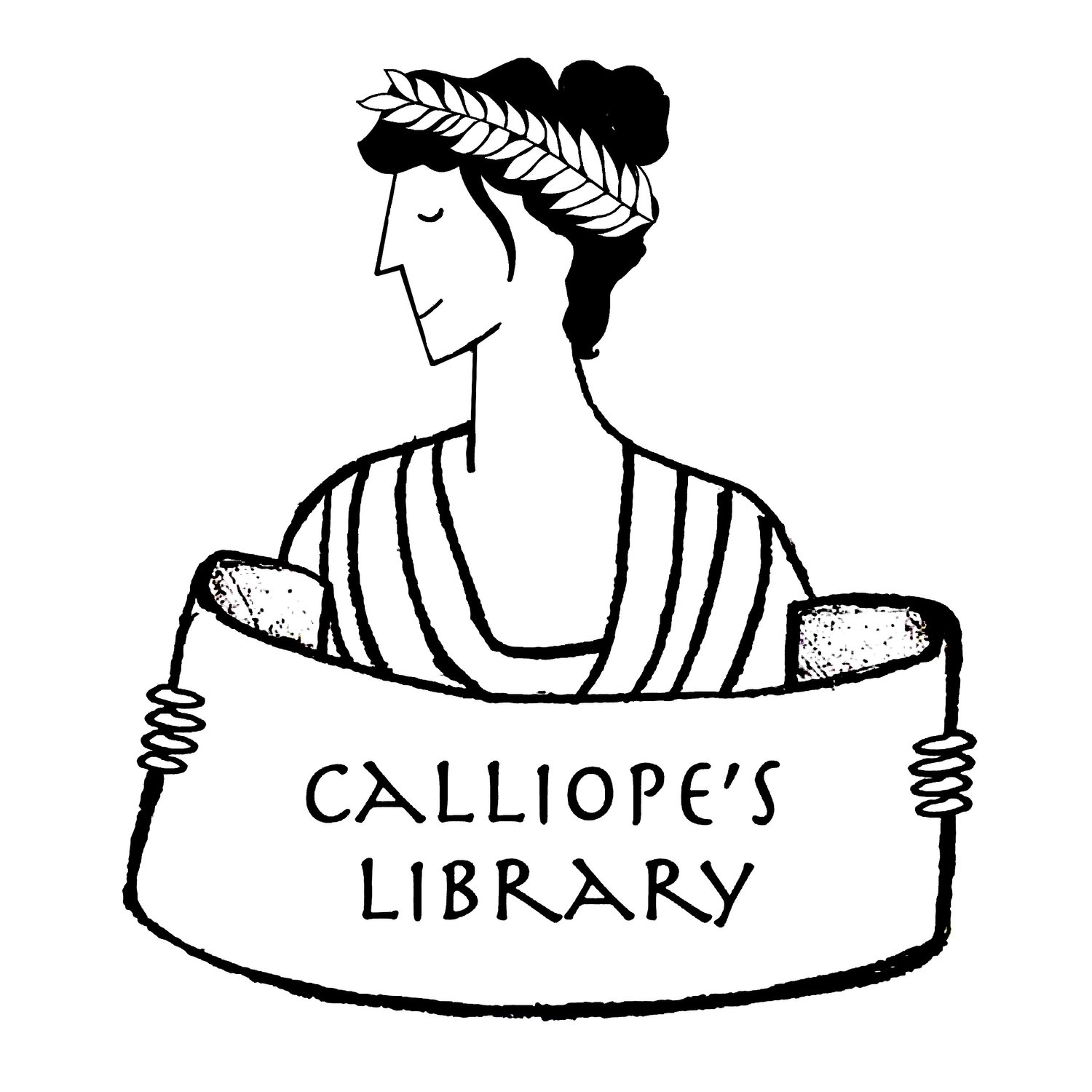Title: Fable Comics
Editor: Chris Duffy
Date: 2015
Tags: Middle Grade, Graphic Novel/Comics, Fables, Ancient worlds, Animal characters, Racially/Ethnically diverse, English
Readers interested in a scholarly approach to children’s literature may consult this title on Our Mythical Childhood Survey*
This book is great for young readers who like cartoons (and who doesn’t?). It presents 28 fables in comic form, mostly from Aesop, but some from other sources from around the world. It’s helpful to be familiar with the stories before you read this book but isn’t necessary. For example, I particularly enjoyed “Leopard Drums up Dinner” from the Angolan fable “Leopard and Other Animals” (Na Ngo Ni Jixitu), which was new to me.
The real MVPs of this collection are the cartoonists. The book is full of famous names and award-winners; readers here are probably most familiar with George O'Connor, author and illustrator of the graphic novel series The Olympians. Some of his Olympians make appearances in his three (!) fables. The fables are illustrated in many different styles, from extra cartoony (“The Ants and the Grasshopper”) to hyper-realistic (“The Fox and the Crow”). Most stick closely to the usual versions, but there’s plenty of wiggle room for clever adaptors to add fun. Maris Wicks works some cool dolphin and whale facts into “The Dolphins, the Whales, and the Sprat,” and James Kochalka’s Fox tries really, really hard to get those grapes in “The Fox and the Grapes.”
Fable Comics is a great set of fables, presented in a cool way. It’s especially fun to see stories that were meant to be listened to told through an essentially visual medium. Indeed, some of the stories are almost wordless. The book is a 21st century take on ancient life lessons, proving that good advice never grows old. – Krishni Burns
* For further information on the Our Mythical Childhood Survey, please refer to the website of the project “Our Mythical Childhood” [link: http://omc.obta.al.uw.edu.pl/], led by Prof. Katarzyna Marciniak at the Faculty of “Artes Liberales,” University of Warsaw, Poland, with the participation of Bar Ilan University, University of New England, University of Roehampton, University of Yaoundé 1, and other affiliated scholars, within the funding from the European Research Council (ERC) under the European Union’s Horizon 2020 Research and Innovation Programme (grant agreement No 681202).


